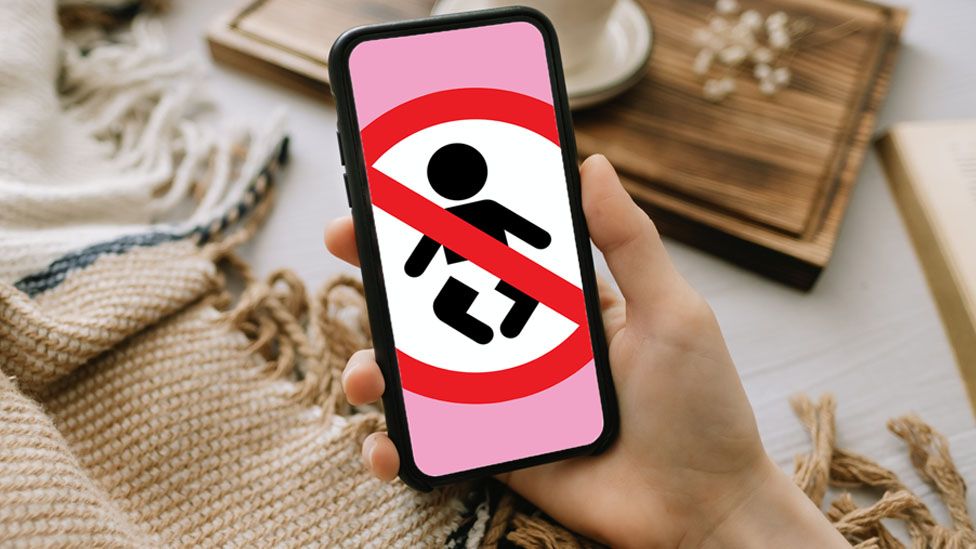Natural Cycles, the first app to be cleared by US regulators for use as a contraceptive, has criticised the approval of a new birth control service from period tracker app Clue.
Natural Cycles knocked Clue’s product for relying purely on period dates and also said its approval process had not been as thorough.
But Clue said the regulator had determined its digital Birth Control service was “safe and effective”.
It is due to launch in the US in 2021.
The idea behind both apps is that they offer an alternative to traditional forms of contraception, and they work by highlighting the days when they calculate that pregnancy is most likely to occur. These depend on an individual’s menstrual cycle.
Natural Cycles charges a subscription fee and Clue has a subscription model for access to extra features on its existing period tracker app.
Clue said Birth Control was 92% effective at preventing pregnancy with typical everyday use.
By contrast, Natural Cycles has claimed a 93% success rate – the same as the contraceptive pill in normal use.
“The clinical trial underlying Clue Birth Control was conducted by researchers at Georgetown University using best practices of clinical research and published in a peer-reviewed publication,” said a spokeswoman for Clue.
She added that the Federal Drugs Administration (FDA) had carried out a thorough evaluation of the app’s clinical trial and efficacy claims.

Tracking monthly periods can enable apps to pinpoint when ovulation is most likely to occur – the most fertile time for the app user – as long as their periods are regular.
There are additional signs of ovulation, including a slight rise in temperature, which Natural Cycles also tracks. Hormone levels can also provide an indication.
But such changes are not obvious without being specifically measured.
“Our initial findings based on the FDA filing indicate a significant difference between Natural Cycles and this other product – including that this product is solely based on menstrual data and no other biomarker such as temperature,” said Dr Elina Berglund, chief executive of Natural Cycles.
Clue’s chief medical officer Lynae Brayboy told the TechCrunch news site that its product was designed to “personalise over time”.
This, she explained, meant that it would initially identify a 16-day high-risk window, but over time this would shorten to 11 days.
With an average cycle lasting 28 days, including roughly five days of having a period, this is quite a large percentage of time when additional contraception, or abstinence, would be advised.
Dr Berglund also took issue with the way in which Clue had been reviewed by the FDA, saying it had used an “abbreviated” approval process.
Clue said it had benefited from the fact that it was not the first app of its kind.
It added that other scientists and researchers in the field were welcome to conduct their own studies with its help.


